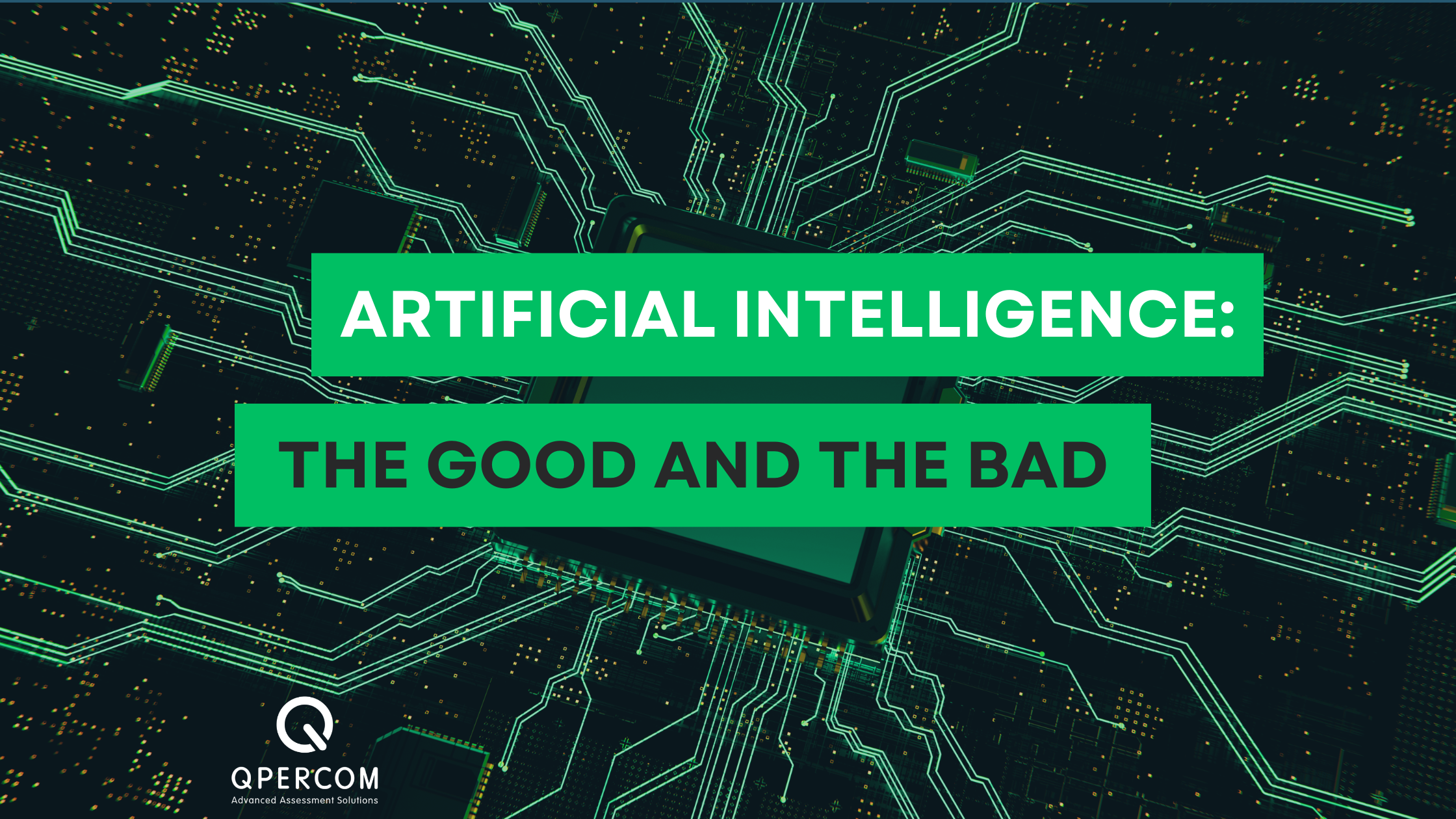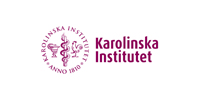The phenomenon of artificial intelligence (AI) has made its way into many different sectors since the 1950s, however, it has only gained popularity within medical education in the last two decades (1). As research continues to grow in this field, we have yet to learn more about the impact of AI in medical education. The use of advanced technologies like AI holds potential to enhance how future medical professionals are trained by providing new possibilities and challenges in educational settings (2). Embracing AI in medical education is not merely about adopting new technologies; it’s about transforming the entire educational landscape to produce more competent, efficient, and well-rounded healthcare providers. Like anything else, there come benefits and challenges when implementing AI.
The Benefits of AI in Medical Education
Personalised Learning
With the capacity to evaluate and summarise large pieces of information, AI can create both formative and summative individualised feedback with minimal time and cost which provides objective guidance to enrich a student’s learning experience (3). Additionally, AI’s facilitation of different learning strategies including problem-based learning, case-based learning or small/large group learning play a significant role in the quality of medical education by highlighting strengths and pinpointing areas that need improvement (4).
Better Clinical Simulation Organisation
AI-powered Virtual Reality (VR) and Augmented Reality (AR) technologies can create realistic simulations of clinical environments and are continuing to enhance medical education (5). These simulations allow students to practise procedures and decision-making in a risk-free setting, improving their clinical skills and confidence. Similarly, AI-driven clinical setting simulators can mimic complex patient interactions, presenting a range of scenarios from common conditions to rare diseases. These simulators can provide immediate feedback and track progress over time, offering a hands-on experience that is invaluable for medical training (6).
Enhanced Diagnostic Training
AI algorithms can analyse medical images and pathology slides with remarkable accuracy, often matching or exceeding human expertise (7). Medical students can use these AI tools to practise diagnosing conditions, learning from both their successes and mistakes. AI can also analyse large datasets to predict disease outbreaks and patient outcomes. Medical students trained with these tools will be better equipped to make data-driven decisions in their future practices.
Efficient Knowledge Management
AI can organise and manage vast amounts of medical literature, making it easier for students to access relevant information quickly. Natural language processing (NLP) tools, a subset of AI, can summarise research papers, highlight key findings, and even answer specific queries, saving students valuable time (8). With AI, the learning process doesn’t stop after graduation. AI systems can provide ongoing education, keeping healthcare professionals updated with the latest medical advancements and guidelines.
Enhanced Education Transparency
Integrating AI into medical education allows for distance learning and makes medical education more accessible in areas with limited resources and remote locations (9). This can significantly benefit newly graduated doctors in providing care. In conditions similar to the COVID-19 pandemic, this advantage prevents a disruption in education and ensures ongoing student-centred learning (3).
The Challenges of AI in Medical Education
High Implementation Costs
The initial investment required to develop, implement and maintain AI technologies needs significant financial resources. This can pose an even greater challenge where resources are limited. Further infrastructure costs include the hiring of technicians with a strong understanding of AI algorithms and the use of high-speed internet, which may not be available in all educational institutions (3). A lack of suitable resources can hinder the alignment of educational objectives, thus causing an impediment to student learning (10).
Ethical and Legal Issues
When it comes to education, especially in clinical and case-based learning, it presents ethical challenges. The use of AI in medical education involves having access to patient information which raises concerns about AI vulnerabilities including cyber-attacks, privacy and confidentiality (11). Moreover, AI systems can preserve existing biases present in the training data, leading to unequal outcomes and potentially discriminatory practices.
Dependence on Technology
There is a risk that students might become overly reliant on AI tools, potentially undermining the development of critical thinking and clinical judgement skills. They may become too accustomed to using AI as their first resort which leads to worry about academic dishonesty including cheating and plagiarism (12). Over-reliance on AI technologies can also cause distress in the face of technical failures. System malfunctions or downtime can disrupt learning and training processes which presents a challenge in the achievement of a student’s educational goals (13).
Educational Challenges
With rapidly advancing technologies like AI, educators need to be proficient in such technologies, which requires ongoing professional development and training (3). Careful planning also needs to be considered when integrating AI into existing curricula to ensure it complements traditional teaching methods.
Limited Human Interaction
Increased reliance on AI may reduce opportunities for human interaction, which is essential for developing soft skills and empathy in medical practice. It may also feel isolating if AI tools replace too many aspects of traditional, collaborative learning environments.
Although AI faces some challenges, the future of medical education lies in the harmonious integration of AI technologies with traditional teaching methods. As AI continues to evolve, it will open new avenues for learning and discovery in the medical field. The improvement of AI in medical education is an ongoing process that requires collaboration, investment, and a willingness to adapt. Keeping up to date with future developments will offer more insight into the best way to approach AI and how to tackle challenges that may arise.





























